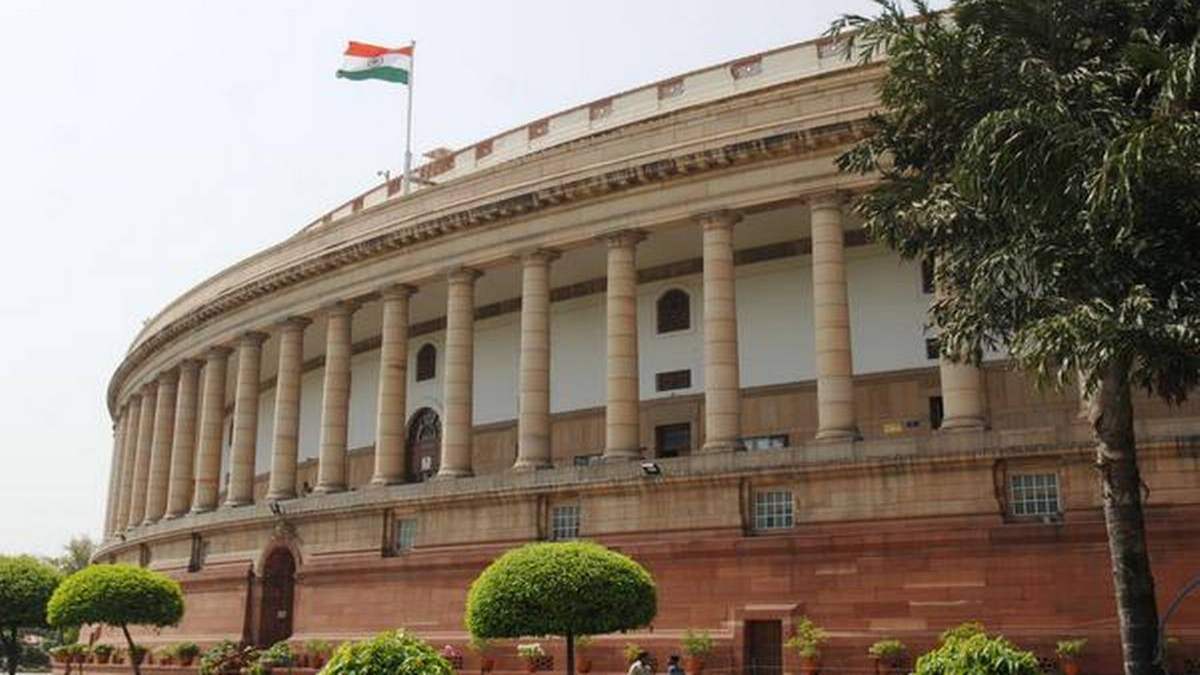


Around Rs 133 crore of taxpayers’ money has gone down the drain as Parliament has functioned for 18 hours out of the scheduled 107 hours, owing to repeated disruptions from Opposition mainly on the issue of Pegasus.
According to sources, so far 89 hours have been washed off in the ongoing session which commenced on 19 July and is slated to conclude on 13 August. As per the details shared by official sources, while the Rajya Sabha has functioned for nearly 21 percent of its scheduled time, the Lok Sabha has managed to function for less than 13 percent of the scheduled time.
“Lok Sabha has only been allowed to function for about seven hours out of possible 54 hours. Rajya Sabha has been allowed to function for 11 hours out of possible 53 hours. So far Parliament has functioned only 18 hours out of possible 107 hours (16.8 percent),” the sources said. The disruptions have led to a loss of more than Rs 133 crore to the exchequer, they added.
Since the very beginning of ongoing monsoon session, opposition parties have been disrupting proceedings in both lower and upper house, demanding discussion on first price hike, then on farmers’ protest and now on Pegasus snooping row. Amid the chaos, the treasury benches have got five bills passed in Lok Sabha, besides crucial Appropriation bills. The Rajya Sabha has also passed almost a similar number of bills.
The Opposition and the government have blamed each other for the deadlock. The leader of Opposition in Rajya Sabha Mallikarjun Kharge has said that the onus to run Parliament lies on the government and it is shying away from this responsibility by not allowing discussion on people centric issues.